I began my family tree after hearing stories of my mams family who lived in South Shields.Ive found out many things good and bad and its been a wonderful journey of discovery.Ive also met relations I never would have met.
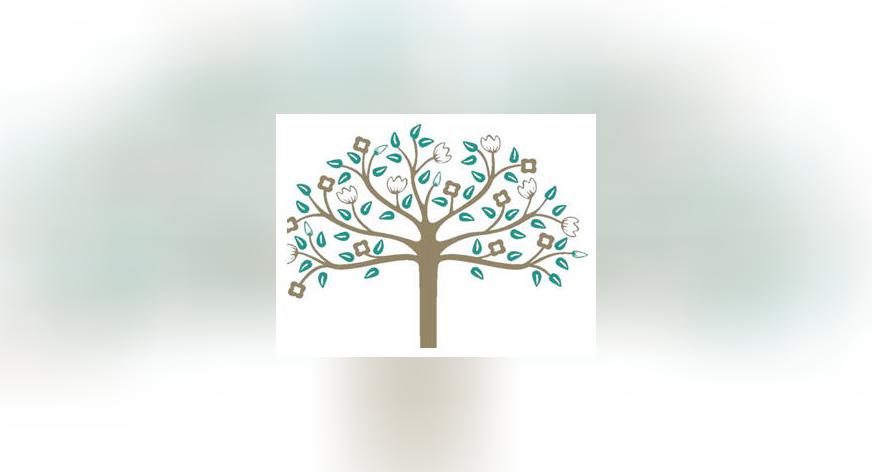

 What are your reasons for pursuing your ancestors across time and space? What motivates you to gather information and preserve it for the future?
What are your reasons for pursuing your ancestors across time and space? What motivates you to gather information and preserve it for the future?
Nearly 1,400 individuals responded to a study of genealogists and family historians as a sociology professor undertook a survey of the membership of the Ontario (Canada) Genealogy Society.
Although Professor Ronald D. Lambert – of the University of Waterloo – undertook this study in 1994, its results, I believe, are just as relevant today as they were then.
In addition to questions on age, sex, national origins, marital status, employment, income, religious affiliation and other details, he asked two questions about researchers’ reasons for doing genealogy and what value they found in that pursuit.
One question sought to rank 25 reasons we pursue genealogy. Respondents marked the statements as important, fairly important or personally irrelevant.
The three reasons considered most important by respondents:
- 79%: “To come to know my ancestors as people.”
- 73%: “For posterity (for children, grandchildren, nephews or nieces).
- 80%: “To learn about my roots, about who I am).”
The next five most important reasons:
- 55%: “To restore forgotten ancestors to the family’s memory”
- 46%: “Because one likes to solve puzzles.”
- 36%: “To check a family story.”
- 35%: “Because one enjoys being the family historian.”
- 32%: As a way to study history.”
Lambert writes:
“Beyond the past and the future, there is the family historian role itself, performed and enjoyed in the present and among the living. It is this role which ties together many of the reasons for doing genealogy.”
He notes the importance of solving puzzles, enjoying the role of family historian and the feeling of competence associated with performing the role.
The role of family historian encompasses learning new skills, the research process, the wonder of discovery, learning about history and geography, writing family histories, serving as the family expert, sharing knowledge and helping others, attending genealogy conferences, creating sources for others, meeting long lost relatives, travelling to ancestral locations and many more.
Lambert says that genealogy and family history deeply engaged the respondents in terms of personal identity, self-esteem and motivation. These are part of the “mysterious appeal” that this research has for those who are retired or “whose work life can accommodate its many seductions.”
While some critics of genealogy and family history say that this pursuit is followed only by those who are looking to attach themselves in some way to famous ancestors, Lambert found that only 6% of respondents said that finding a famous ancestor was important.
The genealogy world has been divided in the terminology of genealogy and family history. Some claim that genealogists are only interested in collecting names, dates and documents proving those various records, while family historians tell the stories of their ancestors. Personally, I believe that without the constructive framework of those names and dates, there is nothing to hang those stories on.
So what did Lambert’s study indicate? Some respondents said they were collectors, but it was ancestors – not statistics – that they collected. One survey respondent wrote:
“We are all collectors of something – coins, stamps, shells, buttons, heirloom snuff boxes or pictures. Genealogists collect ancestors! We find them in the most interesting places and times[, a]s we search back through generations of ancestors to discover their station in life, their trials, their losses, their triumphs and their loves. We see these people as actual persons not just names on paper. … As genealogists we are collectors of relatives but also of each letter and piece of paper with dates, names, places, connections and events which in turn leads us to collecting books about people, about places at different times and in turn may mean we are collected because of letters we have written, indexes we have compiled and histories we have written.”
Follow these links to read the four articles on the study: Part I reveals who genealogists are. Part Two studies what motivates people to pursue family history. Part Three examines factors of the researcher’s interest in genealogy, while Part IV reveals what family historians indicated was the scope of their active research, investment, practices, accomplishments and identities. Read the comments by participants in each part.
What do you think?
Why do you pursue your ancestors? What’s your motivation? What’s your reaction to a that respondent’s description of “collecting ancestors” ?
We are really interested in what you think, so please comment below. We look forward to reading your opinions.

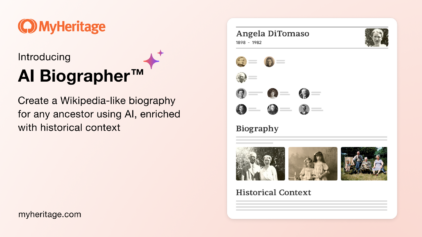


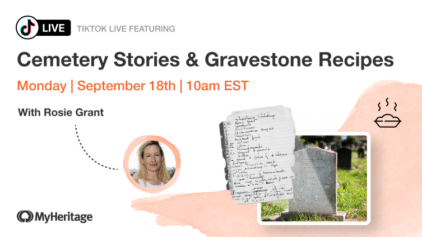
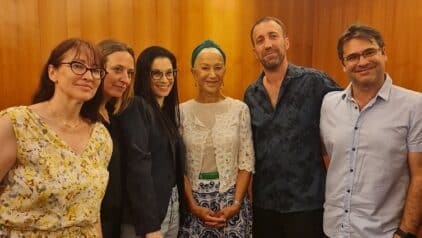

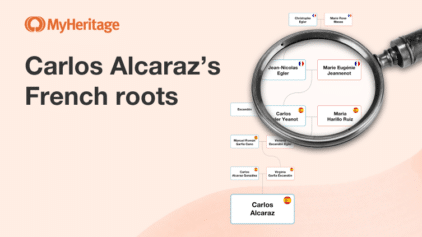
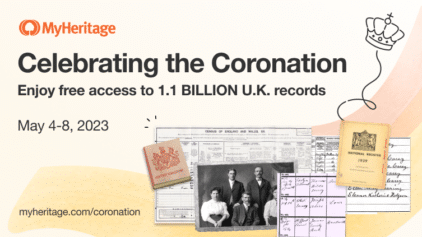

Scott Phillips
November 6, 2011
I have always been blessed to live in an inter-generational home. As a child this had a strong impact on me and connected me with the older generations of my family. I loved their stories, their language and accents. I always was asking questions and wanting to learn about their lives and my extended family.
Now as a genealogist, I can learn far more to augment those stories and histories that I heard as a boy. I can go farther back in time and learn what forces forged my ancestors and, in my case, brought them to the shores of the States.
I also love how I understand myself better as a result of my genealogical studies. A side benefit, but one that grows stronger each day is that this heritage now will be available to my children’s children’s children (apologies to The Moody Blues).